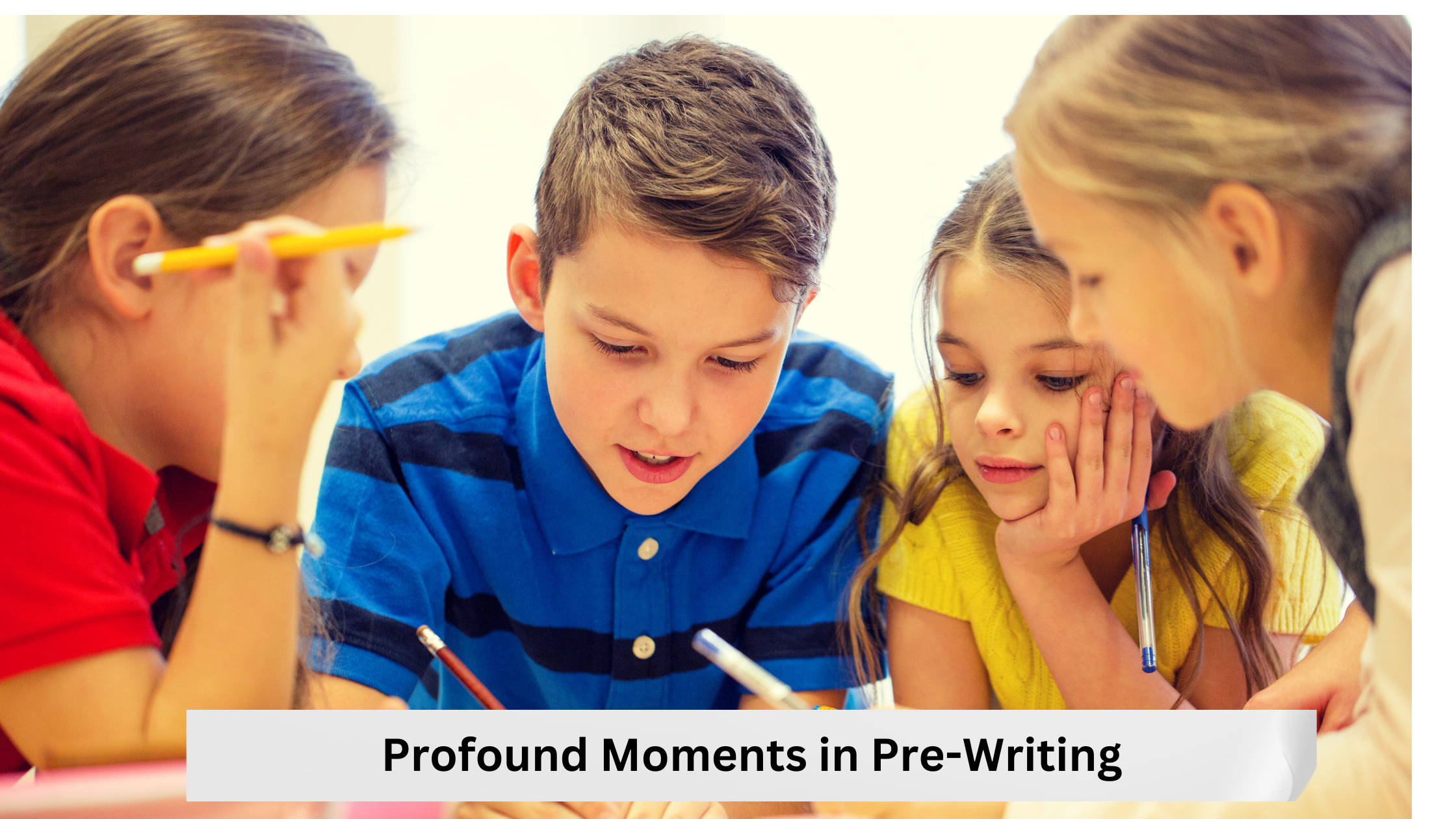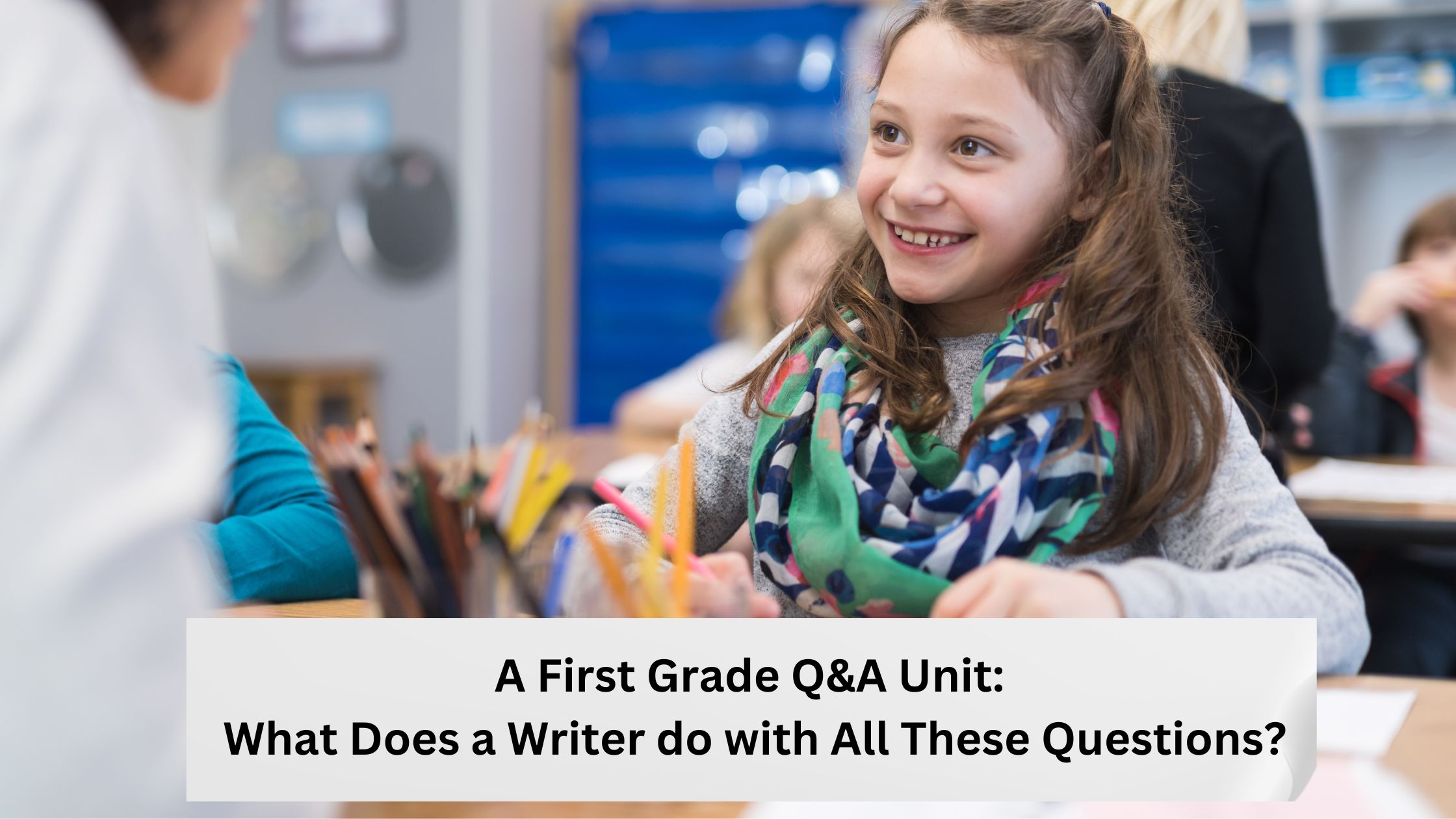My first memories of conferring include preparing my conferring binder. It was a crisp white binder. I used a fancy new template to type “Mrs. Johnson’s Writing Conferring Binder” and slid it into the front sleeve. The binder’s contents included conferring sheets and a pencil pouch filled with cute pens and sticky notes. I felt ready to CONFER! I couldn’t wait until writing time so I could use my brand new conferring binder. After I rocked my mini-lesson, it was time! I started walking around the room reading the students’ stories myself and then pointing at their mistakes. Please use a capital letter here, add punctuation there, that word is misspelled, sound it out. I would take notes of topics and corrections in my conferring binder. I felt like I was really conferring but in reality, I was just reminding students to use correct conventions. I was not seeing the student growth I was expecting. Students were hesitant to share their writing with me. What was I doing wrong? I was conferring… so I thought!
It was when I was exposed to Matt Glover and Carl Anderson’s conferring styles that I realized that I was missing the mark. Students needed to be the center of the conversation, not the writing. I want to teach the writer, not the writing! That mindset shift definitely hit home for me. I want my students to learn how to be lifelong writers. I want my students to be excited about writing. I want to give them a space to feel like they can explore writing techniques and try new things. I wasn’t doing that with my current conferring processes. After some professional development, watching videos from the experts, and observing a model classroom in my district I was ready to try a different way to confer.
This time I still had my crisp white binder with conferring sheets and a pencil pouch filled with cute pens and sticky notes. But this time was different. I also included 3 types of mentor texts: Teacher mentor text (my own handwritten story), published mentor text (something the students are familiar with or recently used in my mini-lesson), and student mentor text. Also, this time I got down to the students’ level and asked them:
“What are you working on as a writer, today?”
My students’ eyes lit up as they showed me their books on dinosaurs, vacations, or their version of a comic book. This particular student was writing a book about the time they visited a carnival. After they showed me what they were working on.
I then followed up with a compliment, “I noticed you used pictures across the page just like the author we looked at today in our mini-lesson.”
“Yeah I did!” replied the student with a smile.
Now it was time for a nudge…
… so I grabbed my own story (teacher mentor text).
“I also have a narrative story about a time I went to the beach with my family. Do you notice how I described the setting on this page with adjectives?”
“Yes.” replies the student.
“Let’s try that with your book. Do you remember what we learned about adjectives?” “Adjectives describe using color, size, shape, or movement.” “Excellent, now you try.”
Then I watched the student add amazing adjectives about the setting in their book. I ended my conferring session with…
“You are the type of writer who adds amazing adjectives to your stories!”
The student’s eyes perked up, they sat straighter in their chair, and a huge smile formed on their face. That part is my favorite!
My students are always wanting me to confer with them now.
“Can you confer with me today, Mrs. Johnson?” they plead.
“I would love to, I respond!”
Their confidence as a writer has also grown by the volume and quality of the books they create. My student’s writing folders are bursting at the seams. Below are a few conferring tips if you want to ramp up your conferring game or maybe just need to make a few adjustments. The Power of Conferring is worth it!
Tips for Successful Conferring with Students
- Begin a conference with: “What are you working on as a writer today?”
- Then, give a compliment – strength
- Next, nudge or area to improve with modeled support (teacher mentor text, published mentor text, or student mentor text)
- End with, “You are the type of writer who…” to help develop writing identity.



